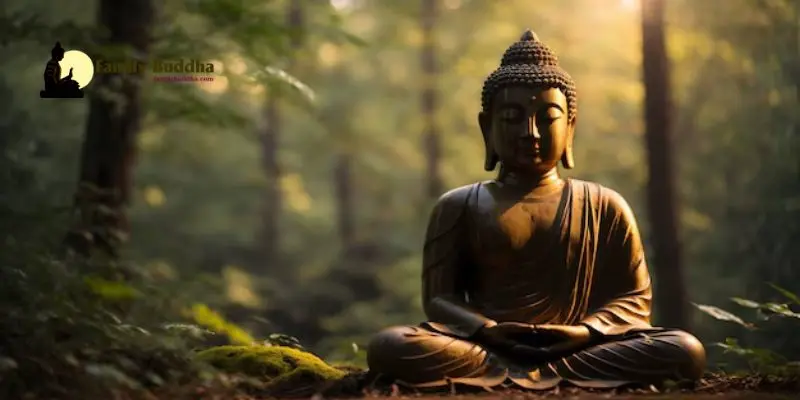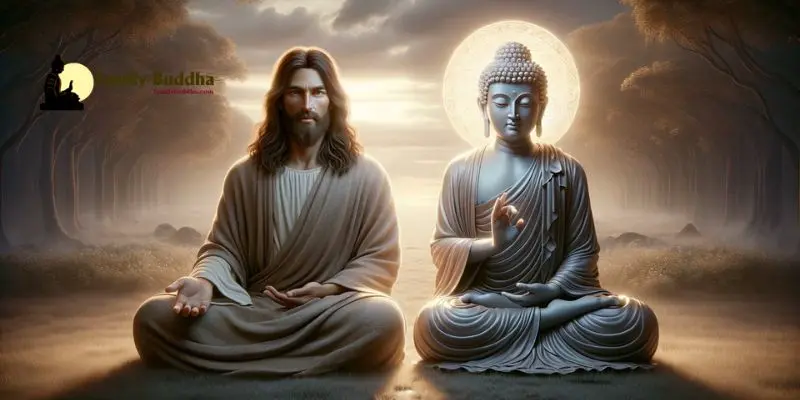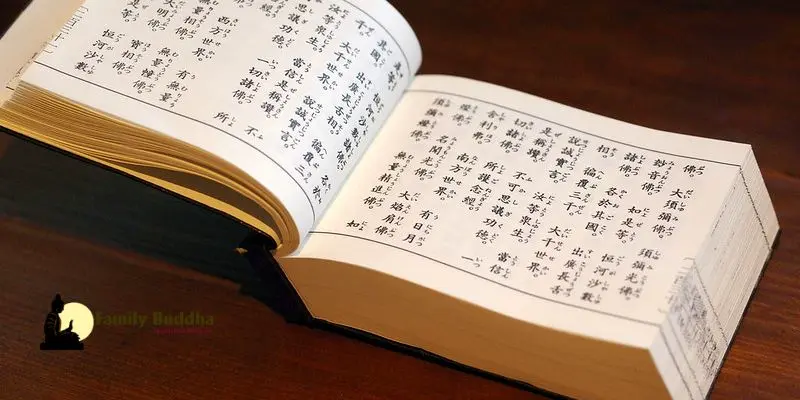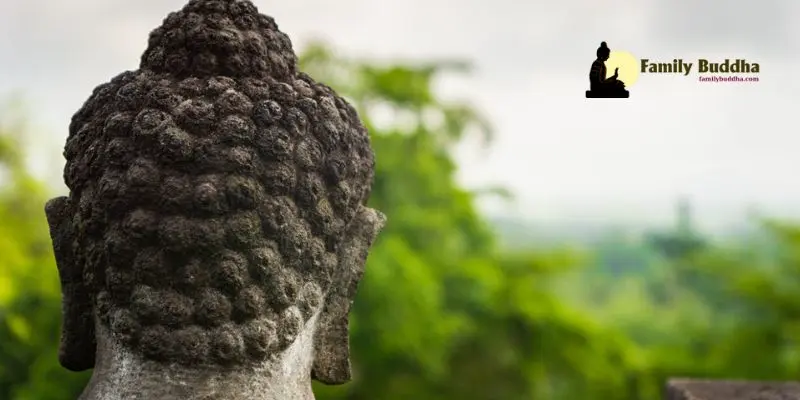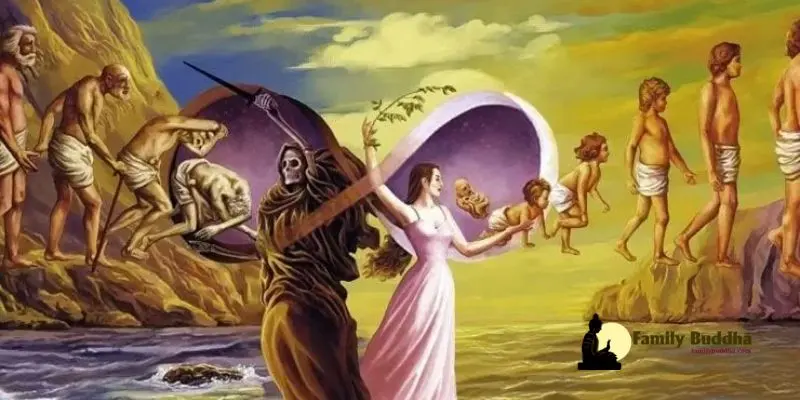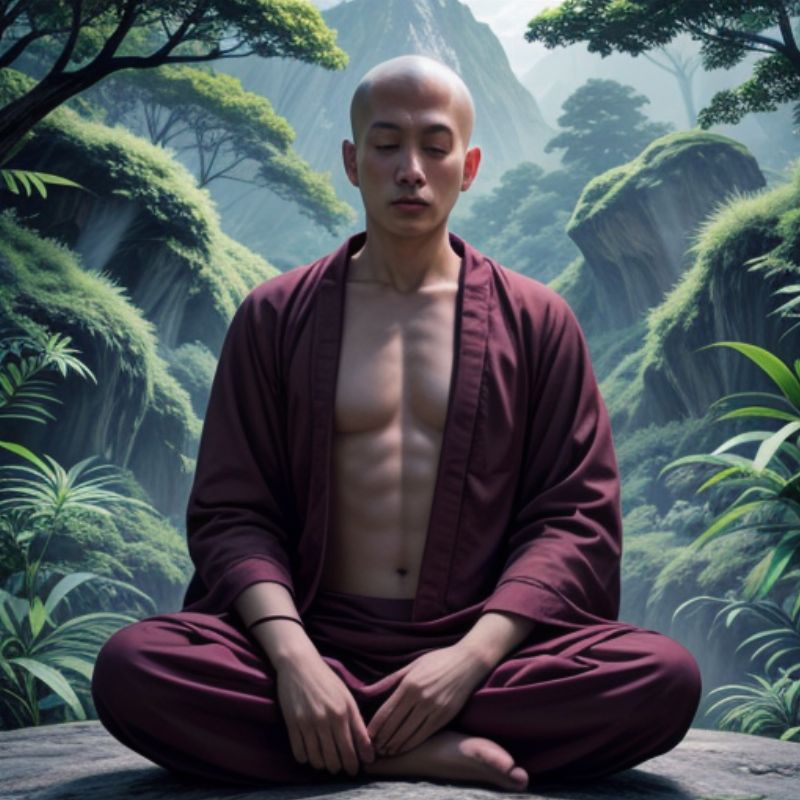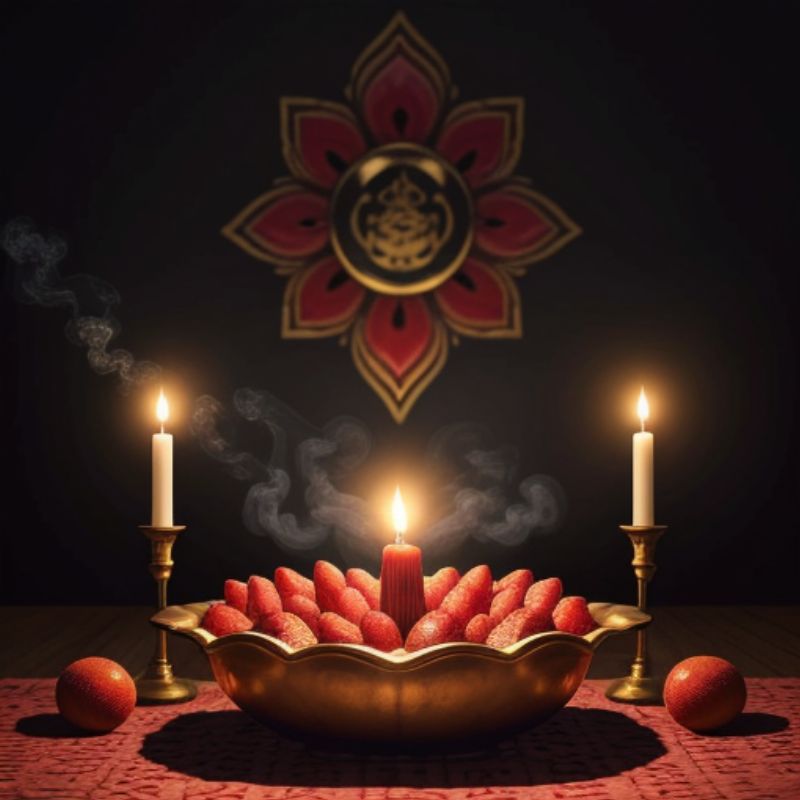Do Buddhists celebrate Christmas? As the holiday season draws near, numerous individuals are pondering how Buddhists observe Christmas. It’s a valid inquiry, considering that Christmas commemorates the birth of Jesus, whom Buddhists don’t view as a deity. Consequently, the significance of Christ’s birth holds minimal relevance in Buddhist belief. Let’s discover more at Familybuddha.com.
Do Buddhists celebrate Christmas?
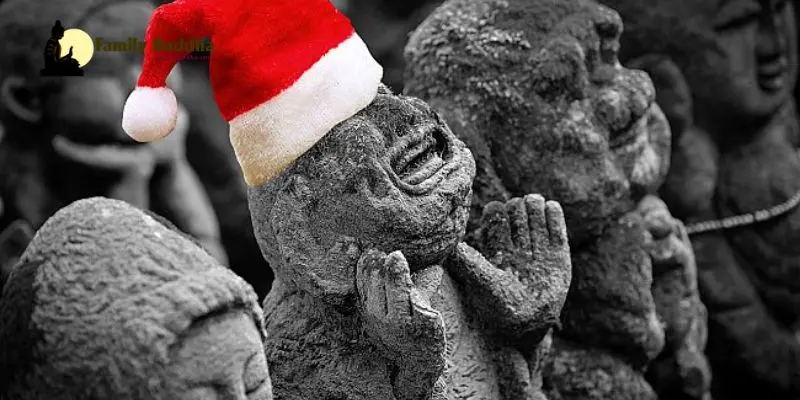
Buddhists embracing Christmas might come as a surprise to some. They find resonance in Christ’s teachings, seeing him as a “bodhisattva” – one who selflessly aids others with compassion, kindness, and universal love, traits revered in Buddhism. Consequently, many Buddhists perceive Jesus and his embodiment as a boon to humanity, hence joyously commemorating his birth. This perspective diverges from traditional Christian doctrine, as Buddhists regard Jesus as a revered figure and guide, distinct from the concept of a Messiah.
Buddha and Jesus
Buddha and Jesus share a connection through their respective holidays. Buddhists commemorate December 8 as Bodhi Day, marking the enlightenment of Buddha beneath the Bodhi tree. Traditionally, celebrants enjoy heart-shaped cookies, symbolizing the Bodhi leaves, along with rice and milk.
Trees are adorned with bright lights, a practice stemming from Asia where fig trees are decorated. However, in Western regions where fig trees struggle to thrive, many Buddhists decorate evergreens instead. These adorned trees, illuminated with multicolored lights, symbolize the diverse paths toward enlightenment.
The celebration of Buddha Shakyamuni’s enlightenment, along with its rituals…
The commemoration of Buddha Shakyamuni’s enlightenment extends beyond Bodhi Day for some Buddhists. They honor the thirty days following by presenting small tokens of affection to loved ones, emphasizing gestures of kindness over materialism. Notably, they refrain from gifting items promoting violence, aligning with their religion’s principle of compassion over conflict.
The parallels between Bodhi Day and Christmas, including indulging in sweet treats, decorating with festive adornments, adorning trees, exchanging gifts, and fostering goodwill towards all, alongside the shared teachings of Jesus and Buddha, facilitate Buddhists in recognizing and embracing the Christian holiday without compromising their beliefs or sparking interreligious tensions.
Reflections of a recent convert to Buddhism
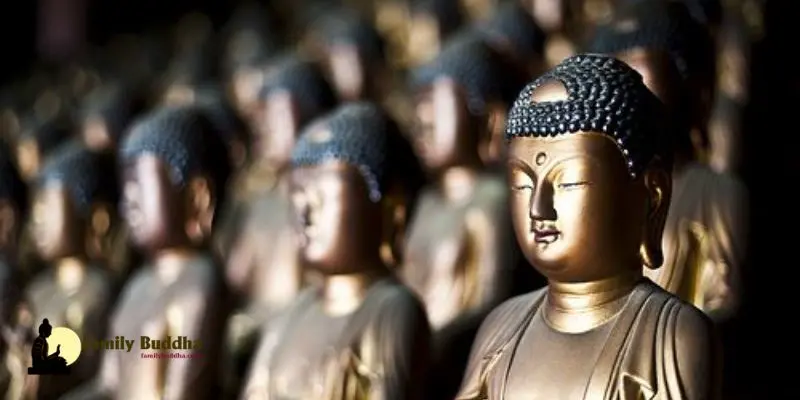
Sharing the testimony of a recent convert to Buddhism, we sat down to learn about their experience with a festival they were previously unfamiliar with:
“This year marked my inaugural celebration of Bodhi Day, and I thoroughly enjoyed the experience! I brought cookies to share with my coworkers and later indulged in milk and cookies with my girlfriend as we decorated my apartment. While we didn’t have a traditional tree, she brought along some lights to brighten our evening. Instead of material gifts, we cherished the time spent together, recognizing it as a priceless gift in itself.”
Christmas Eve from a Buddhist Perspective
Questions about the Christmas dinner and dietary considerations within the Buddhist community often arise. One common misconception revolves around the belief that all Buddhists abstain from consuming meat due to the principle of preserving life. However, interpretations vary among different Buddhist sects, and not all adhere strictly to vegetarianism.
To eat meat or not?
Across Buddhist traditions, there’s a shared understanding that animals should not be killed expressly for consumption, such as hunting a deer for a later meal. Consequently, some Buddhists deem it acceptable to consume meat if it’s procured for general consumption, such as during a communal Christmas dinner.
Moreover, if meat is offered to Buddhists without prior knowledge that it was specifically slaughtered for them, it’s considered permissible for them to consume it.
This nuanced approach reflects the diversity within Buddhist thought and practice, especially concerning ethical considerations surrounding food consumption.
Buddha’s Guidelines on Meat Consumption
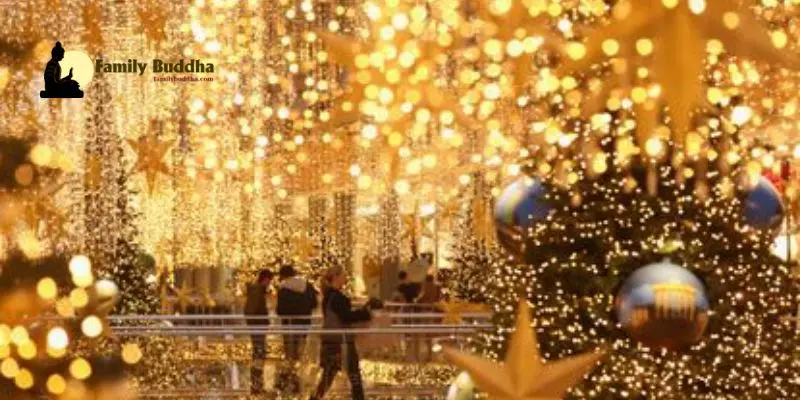
Buddha provided guidelines within Buddhist precepts regarding the types of meat that are prohibited, which include human, elephant, horse, dog, and snake meat, as well as meats from lions, tigers, panthers, bears, and hyenas. Fortunately, these meats are not commonly consumed during Christmas dinners in the secular Western world, thus posing no conflict for Buddhists partaking in such meals.
In both Christian and Buddhist traditions, expressions of gratitude before meals are common. While Christians typically offer grace to express thanks to God for their food, Buddhist monks have their version, where they express gratitude to the animals for giving their lives, appreciate those who provided the food, and pay respects to the deities of Buddhist temples.
How Buddhists View Santa Claus
Buddhists generally embrace the concept of Santa Claus, as it is rooted in the benevolent deeds of Saint Nicholas. Saint Nicholas, known for his humble nature and compassionate acts that brought joy to children, embodies principles of selflessness and compassion, which align with core Buddhist values.
Interestingly, the laughing Buddha is sometimes likened to the Buddhist equivalent of Santa Claus. With his large belly and cheerful smile, the laughing Buddha symbolizes the abundance of life’s joy and wealth, reflecting a similar spirit of generosity and happiness associated with Santa Claus.
A Buddha Statue: A Wonderful Christmas Gift!
Do Buddhists celebrate Christmas? Numerous Westerners appreciate the serene and spiritually enriching ambiance of Buddhist teachings, particularly the calming Zen meditation practices, without fully adopting the entire Buddhist faith or its rituals as advocated by figures like the Dalai Lama in Tibetan temples.
As a result, it’s not uncommon to discover Buddha statues adorning the base of fir trees in our homes, evoking a sense of monastic tranquility and Asian aesthetics associated with Zen practices.

